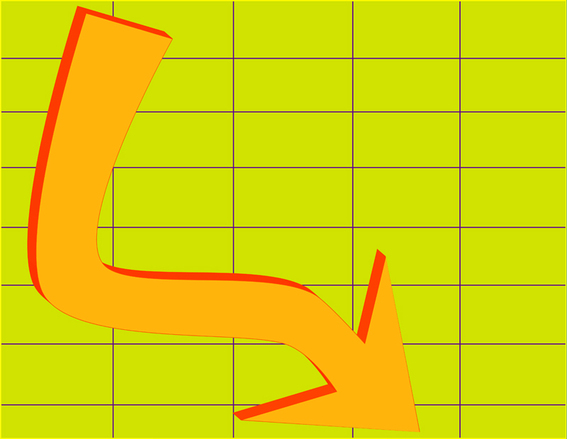
Summary: Nearly two years after the historic Alice decision companies that rely a great deal on software patents (and patent royalties) are losing their prominence in the US patent system
According this new IAM report, Samsung is now number 1 in US patents (total). IBM is falling down the ladder rather quickly amid layoffs and it is worth mentioning that IBM is now a patent aggressor. It attacks legitimate companies, with software patents as a weapon [1, 2] (typical patent strategy of failing companies). Speaking of failing companies, Microsoft is at number 4 in its home country, having lost momentum not only as a company (now mostly a leech and patent parasite) but also as a patent applicant.
The good news about all this is that traditionally, as many sites correctly point out, Korean companies are not aggressive with patents. Samsung is no exception to this. Morever, Samsung is a producing company (hardware), so not so many of its patents pertain to software. Samsung uses a lot of Linux in its systems; in some cases it develops its own operating systems such as Bada or Tizen, rather than blindly rely on Android.
Another IAM report admits that it was wrong. It previously claimed that the patent troll of Ericsson was being renamed/reshaped again, but
this turns out to be false. IAM then
says that some people in Taiwan consider doing the same thing (creating a troll of their own, like Microsoft Licensing or Unwired Planet in the case of Ericsson), but it mostly quotes people who profit from litigation, not technologists. Well, that's just IAM...
Looking at some more credible patents-centric sites, we quickly learn
of more bubble-bursting in this area of patenting. "The decision by Judge Dyk and joined by Chief Judge Prost and Judge Taranto affirms a lower court’s dismissal on-the-pleadings of GTG’s patent infringement claim," says
Patently-O. "The holding is that the claimed method for analyzing DNA for linkage disequilibrium is ineligible for as effectively claiming a law of nature. The basic idea stems from the inventors discovery that coding regions (exons) typically correlate with “linked” certain non-coding regions (introns). [...] GTG is an Australian company that had previously sued a few dozen companies for infringing the ‘179 patent. The claims have been reexamined (at Merial’s request) and patentability confirmed."
Nowadays, software patents aren't quite as potent as before (in US courts/PTAB) and it shows. We hope that the coming few years' decisions will send out the signal that there's little incentive to software patenting, irrespective of
USPTO lenience.
⬆

